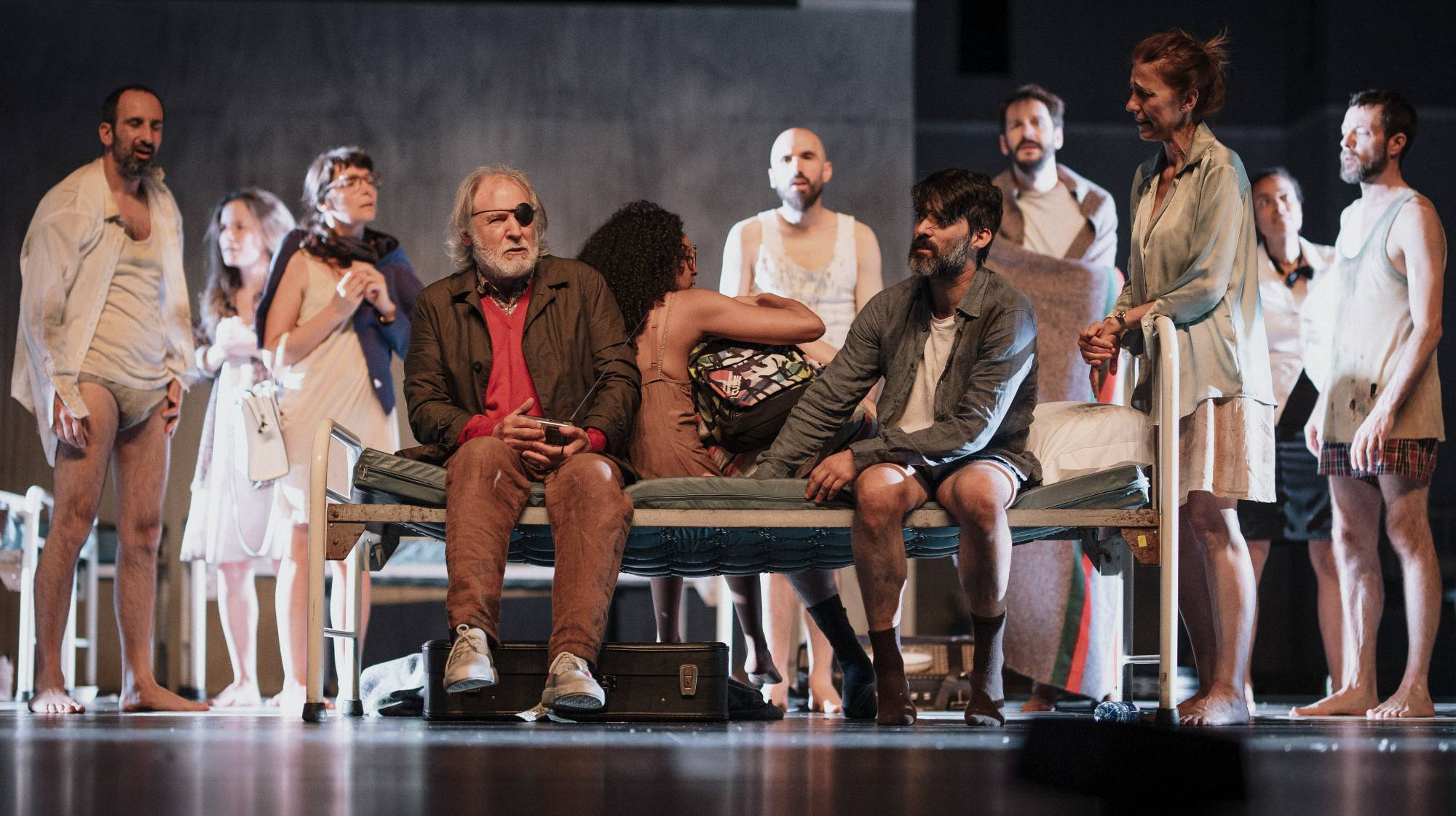CRÍTIQUES
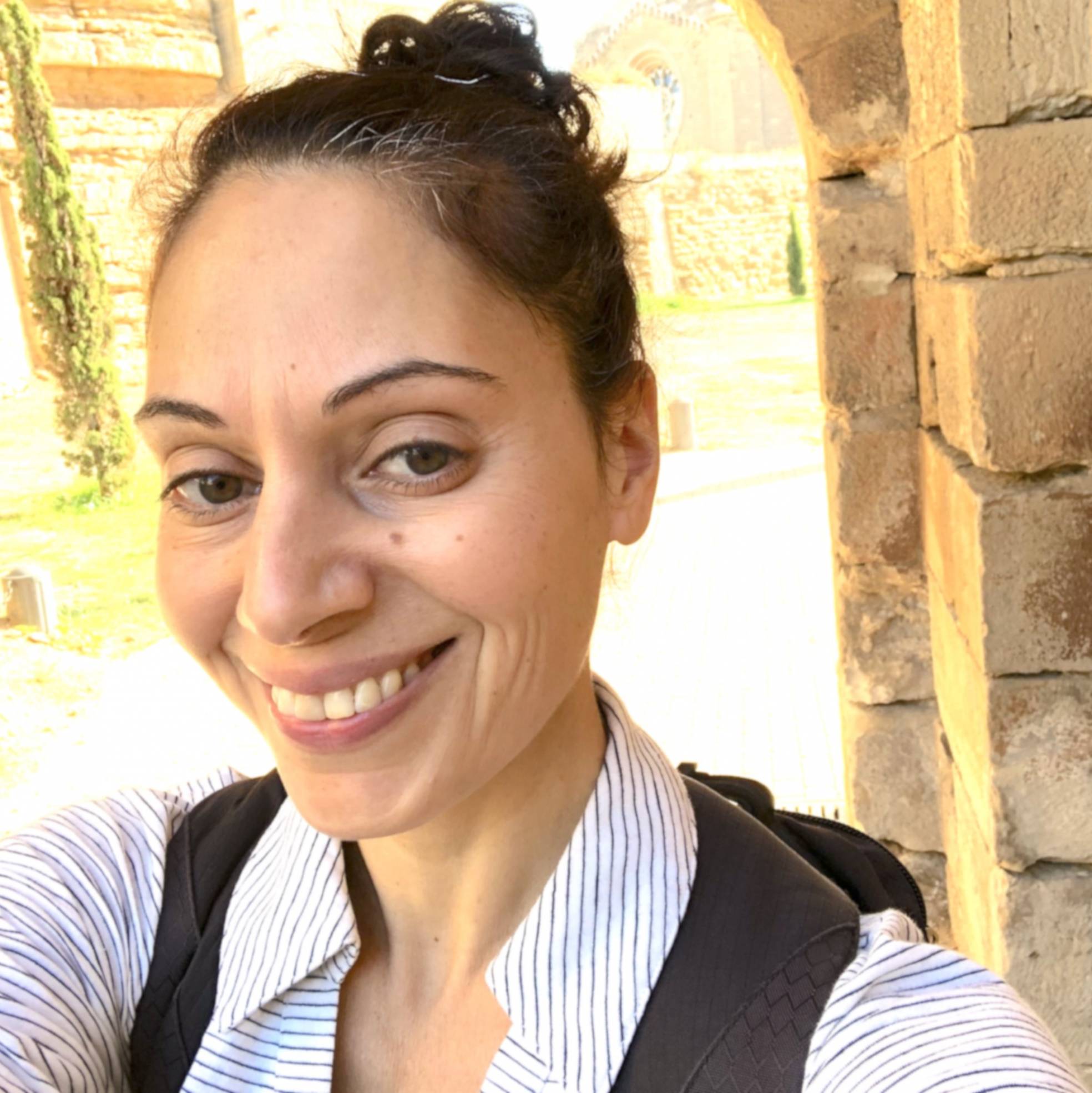
VALORACIÓ
9
A light through the darkness
Publicat el: 24 d'octubre de 2022
CRÍTiCA: Assaig sobre la ceguesa. Nuno Cardoso
This dual-language Portuguese-Catalan co-production, directed by Nuno Cardoso, artistic director of the Teatro Nacional São João in Oporto, and adapted for the stage by Catalan playwright Clàudia Cedó, approaches José Saramago’s 1995 novel Ensaio sobre a Cegueira (Blindness) with the intent to preserve the author’s gentle detachment and resolute humanity.
The novel tells of an epidemic of blindness that steeps the afflicted (all unnamed) in ‘sanitary’ light; a contagious disease that quickly overcomes huge swathes of a population, leading to their segregation and dehumanisation. A minority keep their sight.
Born into poverty in Lisbon in 1922, Saramago spent decades as a journalist and editor before ‘retiring’ into writing fiction in his 50s. Blindness (translated into English in 1997) is probably the most famous of his novels, although he was little known beyond the Iberian peninsula until he won the Nobel Prize for Literature in 1998.
The author’s resistance to the novel’s adaptation for the sceen lasted until 2008 when a controversial film was made featuring a string of Hollywood stars. It exposed many of the issues in adapting the book; that without Saramago’s light touch and his oral style approach it would seem like a carousel of drudgery and horror.
This co-production between the Teatre Nacional de Catalunya and Teatro Nacional São João was two years in the making. Cedó spoke of the challenges but also the revelations the novel presented in its adaptation for theatre. “In the novel, punctuation is treated with some originality; whole pages go by without full stops; dialogue by different characters is incorporated without line breaks; and it jumps back and forth in time, as if a story were being related in first person. But this is very like theatre. You must remain attentive to follow, but Saramago always leaves signposts.”
Cedó’s first draft in Catalan was then retranslated back into Portuguese for half the cast, whose roles interchange with those of the Catalan actors, in what Cardoso calls “a distribution of voices”. With the assistance of Manuel Tur, Cardoso reworked the script with the actors, the music and the video, which features, he says, “a woman’s gaze that is a feature of Saramago’s book.”
The little leap between the languages is made with the use of subtitles, in Catalan or Portuguese, depending on the audience: however, the similarities between the two smooth the transition, while their different deliveries (indicative, Cardoso suggests, of differences in culture) create curious little conflicts that might serve to sharpen listening. “It creates a melody of the story that worked surprisingly well,” Cardoso admits, as it was something he only became aware of when, “after two years of panic!”, the production premiered in Oporto earlier this year.
Working in collaboration with the TNC was always an intention, says Cardoso, but he had previously discarded doing Saramago, because the author was just too big a deal. But then the pandemic struck and in confinement Cardoso reflected on the relevance of the text.
“This blindness Saramago writes of is, of course, not a physical ailment, but one of the heart, the soul. Thirty years after he wrote the book, a time in which Portugal and Spain has spent battling for democracy after dictatorship, we are witnessing a right-wing surge elsewhere in Europe. At the same time, we are so immersed in thinking about big narratives, that the small escape us… and the small leads to the big.”
“It is a miracle that we are doing this at all,” adds Cardoso. “And it’s rare to have a cast and crew with such solidarity with each other, it was a lesson in living.”
August saw the loss of lighting director and long-time collaborator José Álvaro Correia. “This production honours José Álvaro,” says Cardoso. “It honours José Saramago on the 100th anniversary of his birth. And it reminds us that we need direct connection with each other. The places that we can be together in real-time are parks and cultural spaces. It is up to each of us to go out there and retrieve our empathy”.
CRÍTIQUES RELACIONADES / Assaig sobre la ceguesa. Nuno Cardoso
TÍTOL CRÍTiCA: Apocalipsis sin sorpresas
PER: Juan Carlos Olivares

VALORACiÓ
6
TÍTOL CRÍTiCA: Assaig dramatúrgic amb visió limitada
PER: Ramon Oliver

VALORACiÓ
5
TÍTOL CRÍTiCA: Incomprensible fos a blanc
PER: Jordi Bordes
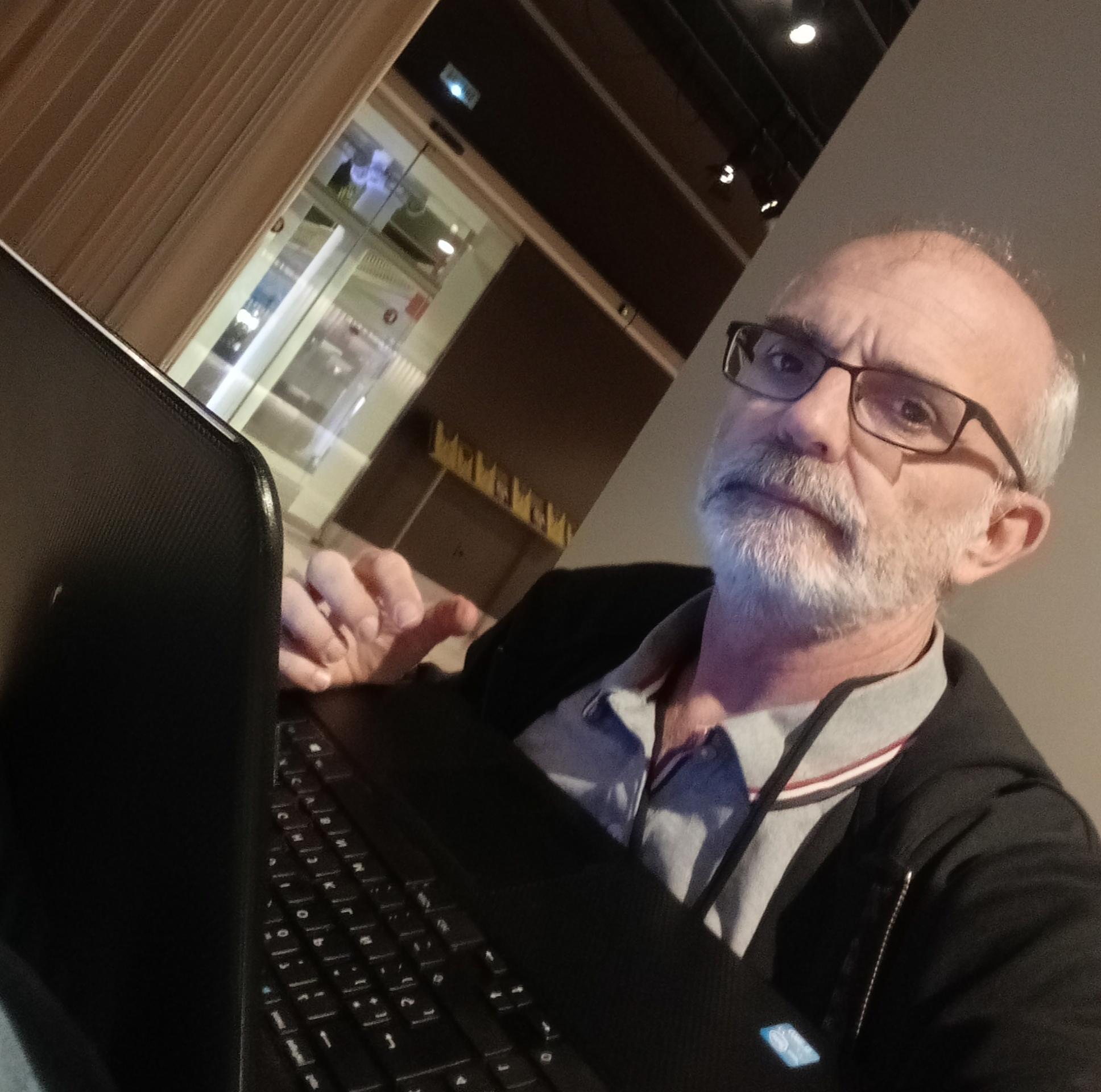
VALORACiÓ
4
TÍTOL CRÍTiCA: De qué hablamos cuando hablamos de adaptar
PER: Gabriel Sevilla
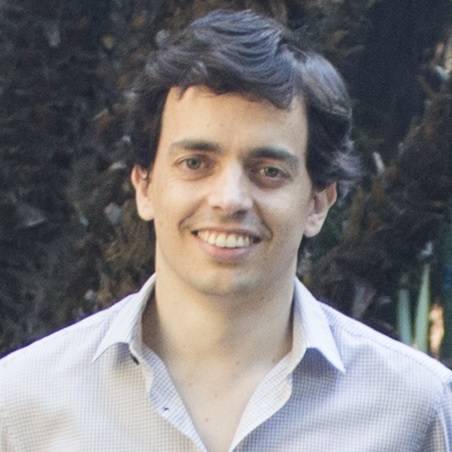
VALORACiÓ
7
TÍTOL CRÍTiCA: Un govern de cecs per als que tenen els ulls clucs
PER: Andreu Sotorra
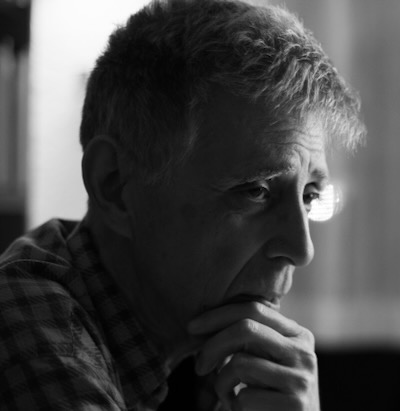
VALORACiÓ
8

